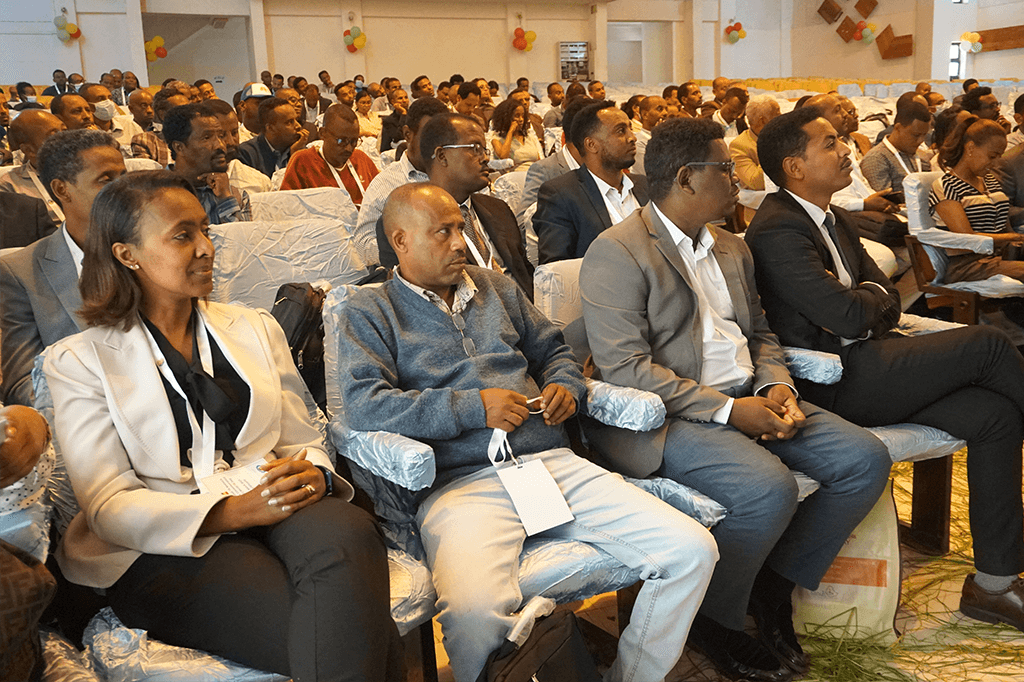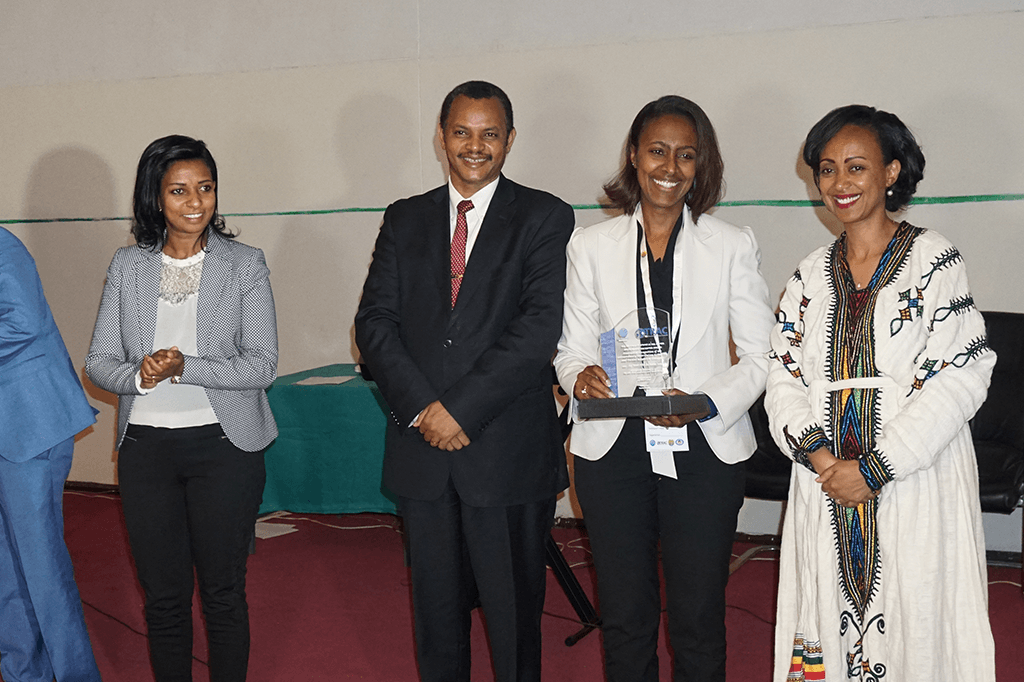Tuberculosis (TB) including its drug resistant form is a curable disease with medical therapy. Recent advances in the treatment of TB including drug resistant form of the disease has heralded the availability of highly efficacious and safe anti-TB medicines for the treatment of TB and drug-resistant TB globally. For some patients however, medical therapy alone is inadequate to get cure. The need for adjunctive surgery is well documented in the recent global and national treatment protocols for selected group of patients with indications for surgery. While thoracic surgery procedures including lung resections, muscle flaps, and thoracoscopy evolved from surgical management of tuberculosis in the past, the discovery of antituberculosis drugs in 1944 to 1946 made sanatorium based surgical lung collapse therapy in all its forms obsolete and changed thoracic surgery dramatically. Currently, management of TB is primarily medical, and surgery is only performed in patients who have complications or sequel of the disease, or who have active disease not responding to medical therapy with structural lung damages.

In Ethiopia, a country with one of the highest TB/DR-TB treatment success rates, series of case consultations from TB/DR-TB treating physicians dealing with recurrent TB/DR-TB cases not responding to cycles of anti-TB medical therapy are coming to the national clinical review committee (CRC), a multi-specialty team of expertise established to provide clinical guidance and consultation services on the management of difficult to manage TB/DR-TB cases. The case of recurrent pulmonary TB/DR-TB patient requiring surgical intervention has become the standing agenda of the clinical review panels and the CRC. While there is a clear indications and guidance on the role of surgery as adjunct to medical therapy of TB/DR-TB in the latest national guidelines is well outlined, the required set ups to do TB/DR-TB related lung surgery is not available. But the country is blessed with a highly trained team of cardio-thoracic surgeons thanks to years of cardio-thoracic surgery sub-specialty fellowship program in Tikur Anbessa Comprehensive Specialized Hospital under Addis Ababa University College of Health Sciences.
The most wanted surgery
We present here, two distinct case reports that came to the attention of the National TB, Leprosy and lung diseases control program in recent years from Shenen Gibe General Hospital in Jimma and Butajira General Hospital DR-TB treatment initiation centers among others to portray how a self-less commitment of a young cardio-thoracic surgeon and her team at Tikur Anbessa Comprehensive Specialized hospital to serve the needy patients is bringing a hope on the lives of two young patients suffering from drug-resistant TB for years. The National program has repeatedly consulted the CRC and the only solution recommended was to do lung surgery. There is no operation theater in Ethiopia designed to conduct operation for such patients with infectious diseases.
One of the patients is called Behailu (Name changed to protect privacy), a 38 years old male patient from Butajira. He is diagnosed with Multi-Drug resistant TB and has been essentially on treatment since 2015. He had distinct cavitation inside the left upper lops of his lung where the bacilli sheltered, mutated and multiplied inside. The cavity makes the site inaccessible for the TB anti TB drugs.
Once Behailu took the cycles of DR-TB treatment including the newer drugs and regimens, only those bacilli out of the cavity died and his sputum test result became negative. Unfortunately, after some time, the symptoms of TB returned back and his suffering revive. His sputum results also turned positive. His subsequent drug sensitivity test confirmed the bacilli was found to be sensitive to all second line anti TB medicines tested. If so why Behailu had recurring infection and disease sequalae? The scenario was explained by chest X-ray and subsequent Chest CT Scans finding that Behailu had cavitation serve as a hiding place for the bacilli during TB treatment and then multiply inside the cavity and contaminated the healthy tissues once TB treatment was completed/Stopped. Therefore, that cavity should be resected to make the TB treatment effective. The question is who can do the operation with limited infrastructure available in the country. Behailu suffered a lot by the disease itself and subsequent ineffective TB treatments. He has spent more than 7 years hospitalized.
The case of Kedro is different but with similar consequences. He is a middle-aged man from Jimma, diagnosed with Pre-XDR TB in 2016 (a form of multi-drug resistant TB with additional resistance to one of the core second line anti-TB medicine during that time, second line injectable drugs). He had destroyed bronchectatic lung with empyema due to the DR-TB disease which limited his exercise tolerance and also posed a risk of recurrent infection with contamination of at the healthy lung. His last anti-TB treatment with regimen containing new and repurposed drug has rendered him free from his TB but he was left with a disabling post-TB lung damage. The affected lung should be removed for him to cure from his post-TB sequalae and lead a healthy work life. Kedro also suffered a lot for long years of illness and unable to work in his ages of productivity.
Following the last case consultation at the national CRC forum, Dr. Mahlet Tesfaye, a consultant cardio-thoracic surgeon and associate professor of Surgey at Tikur-Anbessa Comprehensive Specialized hospital (CSH), and also the Vice-Chair of the national CRC, has made the decision to travel to both hospitals to evaluate the patients. This is a unique and uncommon clinical leadership introduced by the CRC in clinical case consultations. As one can imagine, the usual norm is to refer patients to the consultants’ hospital for evaluation and having very tight physician consultants from a tertiary hospital travel to see specific patients requiring their attention is extra mile.
Dr. Mahlet and other national CRC members have introduced this strategy as a new practice minimizing the great inconvenience of taking sick infectious patients long distances only for evaluations. Dr. Mahlet and the senior members of CRC has used site-visits to extend their skills to the clinical team at the referring TICs during such onsite patient evaluation visits.
Following the patient evaluations, Dr. Mahlet has carefully evaluated the appeal and come up with a plan to conduct the most wanted surgery, it was so good news for the program, care providers and most importantly for the patients. Kedro has got the first chance based on the criteria, he was transferred to Black lion hospital admitted and underwent the surgical intervention after routine evaluation and supporting testes. Kedro has developed a kind of post operation complications which is expected in such intervention and the TB symptoms has gone and his test result became constantly negative. Then recently, she has conducted the operation for Behailu and the nasty cavitation and the affected tissue is removed. Currently Behailu is in a very good state of health and recovering fast. After surgery, he made his first call to one of his most trusted nurse who has treated him with the DR-TB regimen containing new drugs at Bishoftu General Hospital. He said to her “I am finally cured of TB with the hands of Dr Mahlet after 7 years. I have lost significant part of my young age due to TB. I will need to get back to my school quickly. Please help me to catch up with my lost years.” The nurse passes his message to the national TB program team who have been engaged in his treatment and care.

The experience of Dr Mahlet is worth sharing. When I asked her what she felt after conducting such operation, she said, “Relieved my friend, because it was a dreaded difficult surgery”. Then a follow up question: What safety precaution have you followed to protect yourself and your crew from contracting TB? “I evaluated the risk and maximum care was taken not to aerosolized the contents, as you know the patients were bacteriological negative during the procedure & hence considered less infectious.”
I mention to her the question I had in mind and also the story of Zobeyda covered in this edition of the annual bulletin, some fellow professionals declined to conduct CS for culture converted pregnant drug resistance TB patients but you did lung surgery to these patients, what do you advise for fellow physicians about patients with TB? The answer was “Living in resource limited setting, we have to balance and we have to do everything we can to help patients that come to us with what we have, taking the necessary precautions. We have to treat patients without discrimination”. Physicians should update themselves with national guidelines and updates in medicine.
The precautions that need to be taken if operating TB patients are as follows:
- The status of the patients should be communicated to all attendants including the support staff.
- The patients should be isolated in a private room before and after the procedure with limited contact.
- Wearing masks (N95) and aggressive disinfection and ventilation of the operation theater after each procedure to protect the next patent and staff.
Dr. Mahlet was recognized as heroine of the year at the 17th TRAC Annual Conference held in Gondar. She is a graduate of Jimma University, in her undergraduate study. She did her postgraduate study in Surgery at Addis Ababa University, School of medicine. She further studied (subspeciality in) Cardiothoracic surgery to become the first female cardiothoracic surgeon in Ethiopia, and one of the few cardiothoracic surgeons in the country. She concedes her father & family for all the success she has done and the courage she has.










